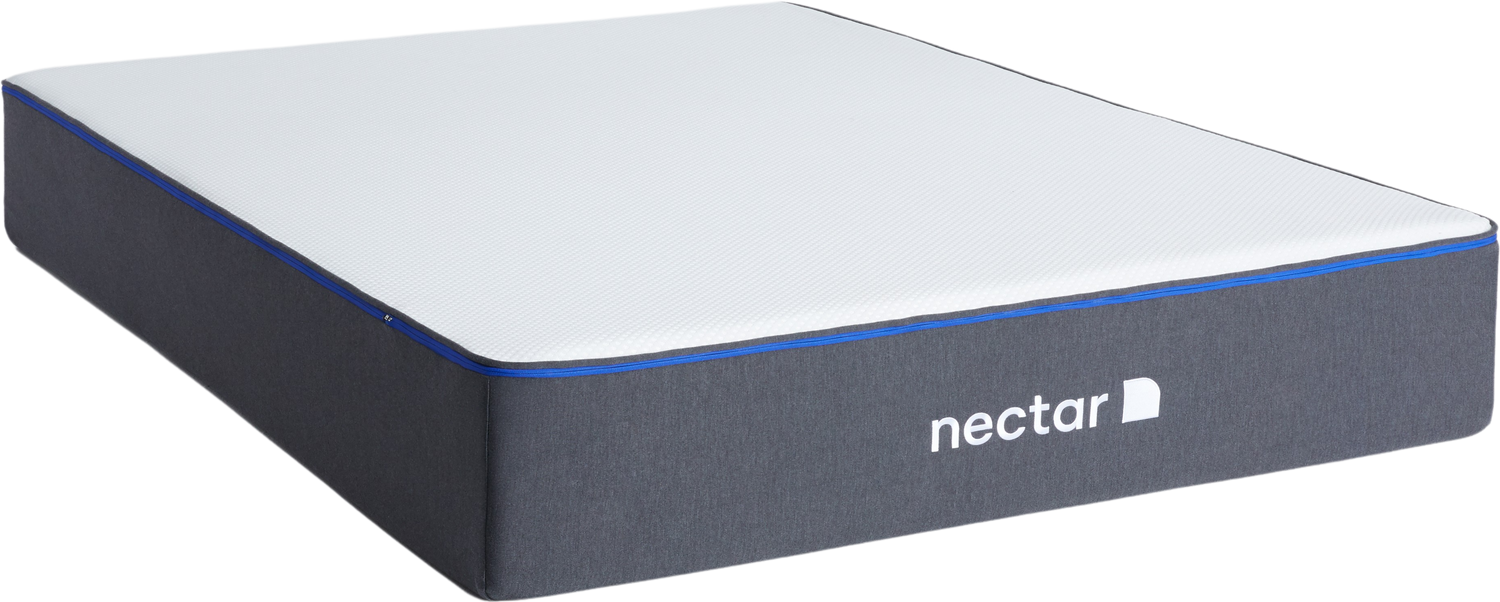Why Insomnia Happens During Menopause
Menopause brings a drop in estrogen and progesterone levels, hormones that play a key role in regulating sleep. This hormonal shift can disrupt your natural sleep cycle, making it harder to fall asleep, stay asleep, or enjoy restorative rest. Hot flashes, night sweats, and even changes in mood can intensify insomnia, creating a cycle of restless nights and daytime fatigue.
Does Menopause Insomnia Eventually Improve?
The good news is that menopause insomnia often does improve over time. As your body adjusts to the hormonal changes, sleep disturbances like night sweats and restless nights may become less frequent or less severe. Some women notice a significant improvement within months, while others may experience intermittent insomnia for several years.
Even if insomnia lingers, there are effective ways to manage it. Creating a sleep-friendly environment, practising a calming bedtime routine, and addressing temperature and comfort issues can make a real difference.
Practical Steps to Manage Menopause Insomnia
-
Create a cool, comfortable bedroom – Lightweight, breathable bedding and a mattress designed to regulate temperature can help manage hot flashes and night sweats. Mattresses with MTick certification are especially designed to support menopause-related sleep issues.
-
Stick to a consistent sleep schedule – Going to bed and waking up at the same time each day helps regulate your body clock.
-
Relax before bed – Gentle stretches, meditation, or a lukewarm shower can signal your body that it’s time to wind down.
-
Watch what you eat and drink – Avoid heavy meals, caffeine, and alcohol close to bedtime.
-
Stay active during the day – Regular exercise improves sleep quality, just avoid vigorous workouts right before bed.
When to Seek Professional Help
If insomnia persists despite lifestyle changes, it’s worth consulting a healthcare professional. They can help identify underlying causes and suggest treatments or therapies tailored to your needs.
Takeaway
So, does menopause insomnia go away? Often, yes — but the timeline varies. In the meantime, practical strategies like improving your sleep environment, following a calming routine, and choosing a supportive, cooling mattress can help you manage symptoms and get more restorative rest. With the right approach, better nights are possible, even during menopause.
This blog post is for informational purposes only and does not constitute medical advice. If you have concerns about your sleep, health, or wellbeing, please consult your GP or a qualified healthcare professional. The views expressed in this post are those of the author and are intended to share general insights, not to diagnose or treat any condition.




